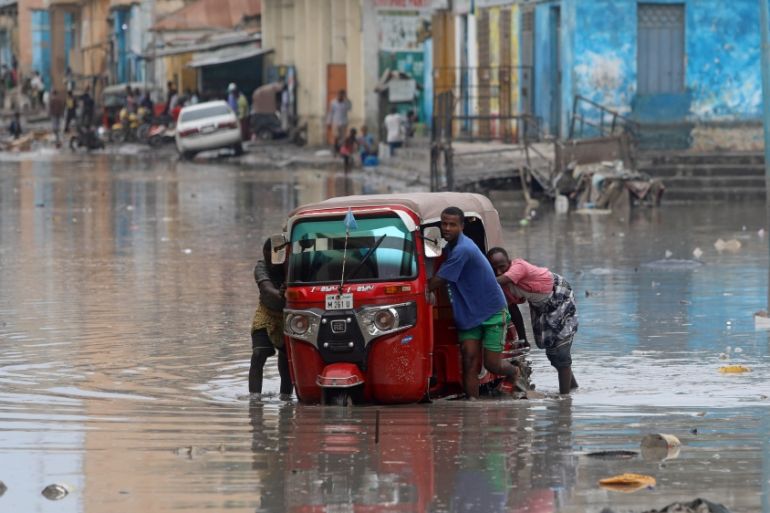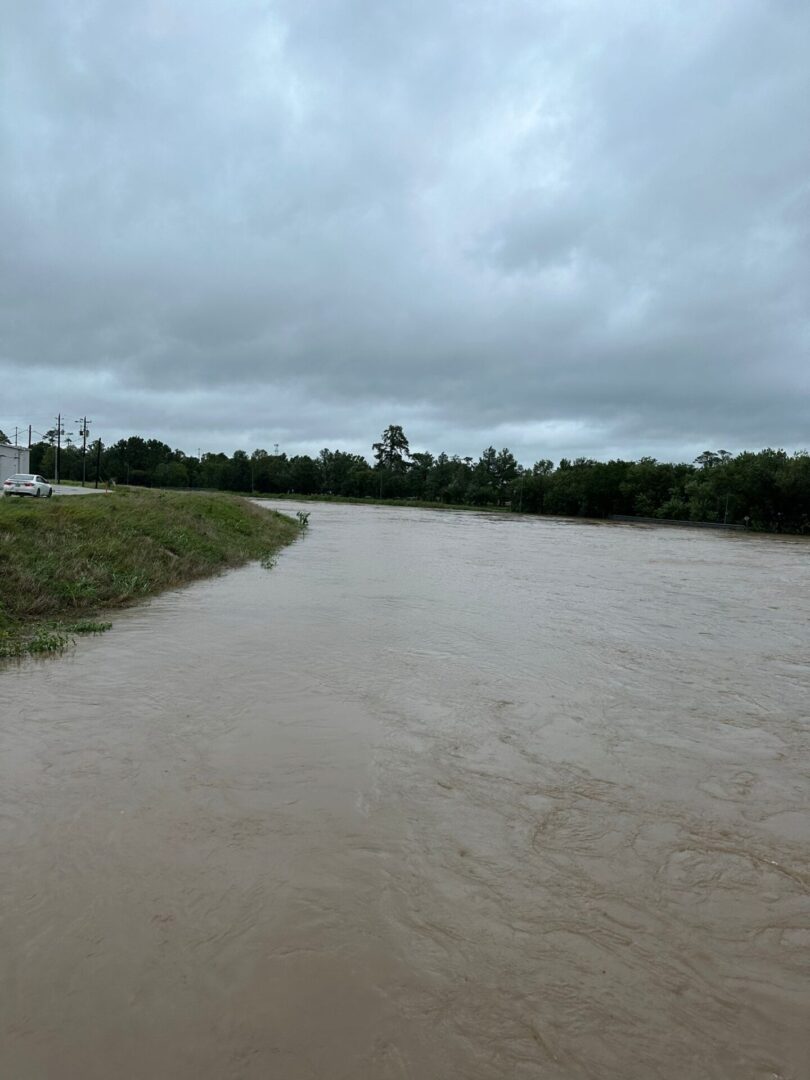
As a researcher and first-hand observer of environmental phenomena, I have witnessed the increasing frequency and intensity of flooding and adverse weather conditions across the globe, particularly in Africa. The convergence of climate change, inadequate infrastructure, and poor land management has exacerbated these issues, leading to devastating impacts on communities and economies. This article explores the causes, effects, and necessary interventions to mitigate flooding and promote sustainable development, with a specific focus on Africa.
Flooding is primarily caused by a combination of heavy rainfall, storm surges, and inadequate drainage systems. In Africa, the situation is compounded by deforestation, urbanization, and poor land management. Rapid urban growth without corresponding infrastructure development leads to increased surface runoff and reduced natural water absorption. Additionally, the destruction of wetlands and forests, which act as natural buffers, further amplifies flood risks.
Climate change is a significant driver of extreme weather events, including flooding. Rising global temperatures result in increased evaporation and subsequently more intense and frequent rainfall. In Africa, this manifests as unpredictable weather patterns, with some regions experiencing prolonged droughts followed by sudden, heavy rains. These erratic conditions strain already vulnerable infrastructure and communities.
In Africa, the consequences of flooding are severe. Crops are destroyed, leading to food insecurity and economic losses. Infrastructure such as roads, bridges, and homes are damaged, disrupting daily life and economic activities. Moreover, stagnant floodwaters become breeding grounds for diseases like malaria and cholera, posing significant health risks.
Effective irrigation and land management practices are crucial in mitigating flood risks. Governments should invest in modern irrigation systems that efficiently manage water resources and reduce the dependency on unpredictable rainfall. Additionally, promoting sustainable agricultural practices, such as crop rotation and agroforestry, can enhance soil health and water retention, reducing runoff.

Governments must prioritize the development and maintenance of robust drainage systems and flood defenses. Investing in infrastructure that can withstand extreme weather events is essential. This includes constructing dams, levees, and stormwater management systems. Furthermore, urban planning should incorporate flood risk assessments to ensure that new developments are resilient to flooding.
Reforestation is a critical component of flood prevention. Forests play a vital role in absorbing rainfall and reducing surface runoff. Governments and communities should collaborate on reforestation initiatives, protecting existing forests and restoring degraded areas. This not only mitigates flooding but also combats climate change by sequestering carbon.
Creating a recycling agency can address environmental degradation and provide employment opportunities for youth. This agency would focus on waste management, recycling, and promoting sustainable practices. By diverting waste from landfills and waterways, the agency can reduce pollution and its impact on flooding. Additionally, recycling initiatives can support the circular economy, creating jobs and economic growth.
The blue economy, which includes marine and coastal resources, holds significant potential for sustainable development. Governments should invest in marine conservation and sustainable fishing practices. Protecting marine ecosystems, such as mangroves and coral reefs, is vital as they act as natural barriers against storm surges and coastal flooding. Moreover, developing ecotourism and sustainable aquaculture can provide alternative livelihoods for coastal communities.
Engaging communities and raising awareness about flood risks and climate change is crucial. Education campaigns can inform the public about sustainable practices and the importance of environmental conservation. Community-based initiatives, such as local flood monitoring and early warning systems, empower residents to take proactive measures in protecting their homes and livelihoods.
Addressing flooding and climate change requires global cooperation. African nations should collaborate with international organizations and developed countries to access funding, technology, and expertise. Initiatives such as the African Union’s Agenda 2063 and the United Nations Sustainable Development Goals provide frameworks for achieving sustainable development and resilience.
The increasing frequency and severity of flooding and adverse weather conditions demand urgent action. By addressing the root causes and implementing sustainable solutions, we can mitigate the impacts of climate change and build resilient communities. Governments, communities, and international partners must work together to invest in infrastructure, promote sustainable practices, and protect our natural environment. Through these efforts, we can ensure a safer and more prosperous future for Africa and the world.
Researched by: Jide Adesina


